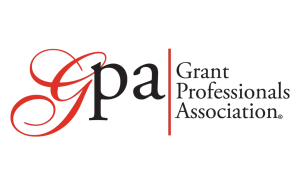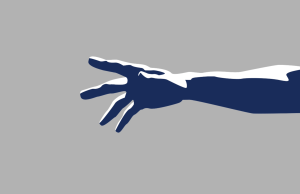When queued up grant opportunities overwhelm you, your lead writer leaves when a critical competition is opening, or your staff doesn’t have the experience to carry the load, the solution is clear. Bring in a grants consultant. Problem solved.
“When you engage an experienced consultant, you can expect a high-value return on your investment,” said Barbara Floersch, grants expert and author of You Have a Hammer: Building Grant Proposals for Social Change. “But you can’t simply sign the contract, wash your hands, and wait for the finished product. Your engagement is crucial.”
It is your job to design the program. A consultant who is familiar with the funder and topic area can guide you towards the most competitive approach, but it’s your responsibility to make sure the program plan meets community needs and fits your organization’s mission and capacity.
The budget is also in your court. The consultant can help develop the written justification and ensure the numbers add up and sync with the program narrative. But the budget must fit snugly within your organization’s personnel and indirect cost policies, and the commitment of in-kind or cash match is beyond a consultant’s authority.
To convince funders your organization can handle a grant award, the proposal will include details and data documenting the quantity, quality, and impact of your work. If recently submitted proposals made a strong case, the consultant may be able to cobble together a convincing narrative from that material. “But each proposal requires targeted, up-to-date information, so it’s likely you’ll have to do some digging and number crunching to fill in the blanks,” said Floersch.
Recent proposals may also provide demographic details on the population of focus, as well as statistics and stories showing the need in your service area. But if the original data is a few years old, you will want to refresh it, and documentation focused specifically on the proposed program will be essential. “Research can take a tremendous amount of time,” said Floersch. “If you ask the consultant to plow through census data, reports, journals and research papers to find what’s needed, that will add substantially to the project’s price tag and timeline.”
Developing grant proposals is a deadline-driven process which means when the consultant requests information, you need to provide it promptly. “Leave room in your schedule to play your part,” said Floersch. “A consultant can help but can’t carry the load without you.” © copyright, 2022, Barbara Floersch












